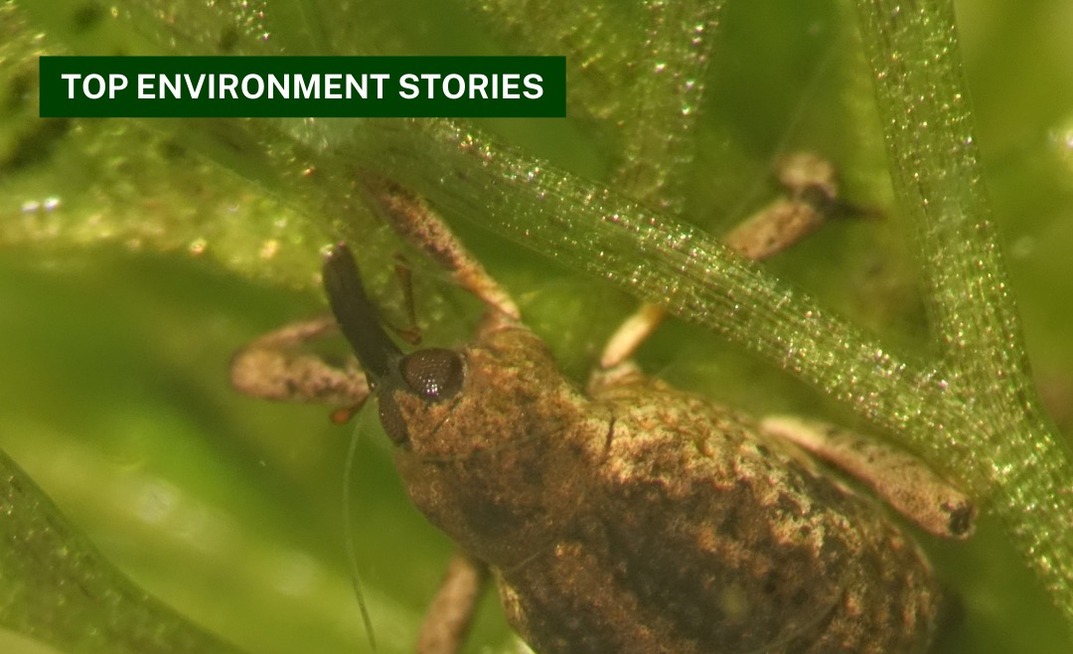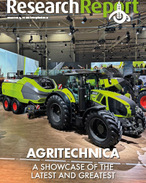Funding from the NSW Environment Trust will allow the NSW Department of Primary Industries (NSW DPI) and CSIRO to use two recently approved biocontrol agents to target cabomba and African boxthorn.
Stem-boring weevils will be used to target the weed cabomba, which was introduced to Australian in 1967 as an aquarium plant and has since spread along the coast from Cairns to Melbourne, growing up to five centimetres a day. The weevils will be bred at the DPI's biocontrol rearing facility in Grafton, NSW, and introduced to five nursery sites across the state.
African boxthorn, which is a shrub introduced to Australia in the mid-1800s as a hedge plant, will be targeted with a pathogenic rust fungus. The fungus will be mass-reared in the CSIRO Black Mountain Laboratories in Canberra and then spore packages will be sent to community members for release in areas of NSW impacted by the weed.
CSIRO will monitor the effects the biocontrol agents have on weeds at the nurseries and sites across NSW.
The NSW Government said biocontrol, which involves researching then introducing natural enemies of unwanted weeds, is playing an increasingly important role as an environmentally friendly, self-sustaining and cost-effective weed management tool.
It said invasive weeds cost Australian agriculture industries close to $4.9 billion annually due to loss of production and the expense of managing weeds in crops and pastures.
NSW environment minister, Penny Sharpe, said invasive weeds also threaten 40 per cent of endangered or vulnerable species and 89 per cent of endangered ecological communities in NSW.
"Biocontrol is the future in combatting these weeds," she said.
"Biocontrol agents can significantly reduce the host weed's growth and potential to spread further, allowing threatened biodiversity and ecosystems to recover.
"They also reduce the amount of harmful chemicals being added to the environment.
"When successful, biocontrol is highly cost-effective, with overall economic returns of $23 for every dollar invested."
More information on biocontrol of environmental weeds in NSW can be found here.
























